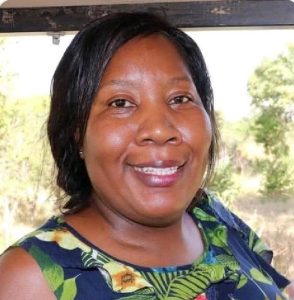
Kudzanai Chimombe
By Kudzanai Chimombe
Violence against Women in Politics (VAWP) is a pervasive issue with far-reaching consequences for women, their families and the broader democratic landscape.
Consequences of VAWP, has significant repercussions for women and their families, extending far beyond polling day. It affects women at all stages of the electoral cycle during campaigning, voting and even after they are elected into office. This pervasive issue has a long-term negative impact on women’s participation in politics, potentially deterring future generations of women from engaging in public life and leadership roles.
By creating a hostile environment, VAWP undermines the principles of inclusive democracy and can lead to reduced representation of women in political spheres. This lack of representation may result in policies that do not fully address the needs and perspectives of half the population.
Many women distance themselves from political involvement due to fears of physical, verbal, and psychological abuse. As a consequence, the representation of women in politics diminishes, with positions often being occupied by men who are perceived as being “fit” for the political arena.
In many cases, violence against women in politics can be pervasive, including the destruction or disruption of their livelihood activities. This might involve the destruction of crops or damage to places of business, leading to discouragement from family and friends who are concerned for their safety. Such acts of violence or intimidation not only affect the women themselves but also impact their support networks, potentially isolating them further from their communities and diminishing their capacity to engage in political life.
VAWP sends a discouraging message to young women, girls and future generations, reinforcing the notion that political spaces are unsafe for women. This cycle perpetuates inequality and diminishes the potential for sustainable development that benefits all members of society.
The lack of female representation in decision-making processes restricts diverse perspectives in governance, hindering effective development strategies that promote equality. Ultimately, achieving true equality requires the active participation of women in political spaces, free from fear and violence.
In summary, the absence of women in decision making processes due to violence or fear of violence in political spaces limits the diversity of perspectives in governance. This hinders the development of effective strategies that promote equality and benefit all members of society. Ensuring women’s active and safe participation in politics is crucial for achieving true equality and fostering inclusive development.
#StopViolenceAgainstWomenInPolitics
#CreateSafeSpacesForWomenInPolitics
